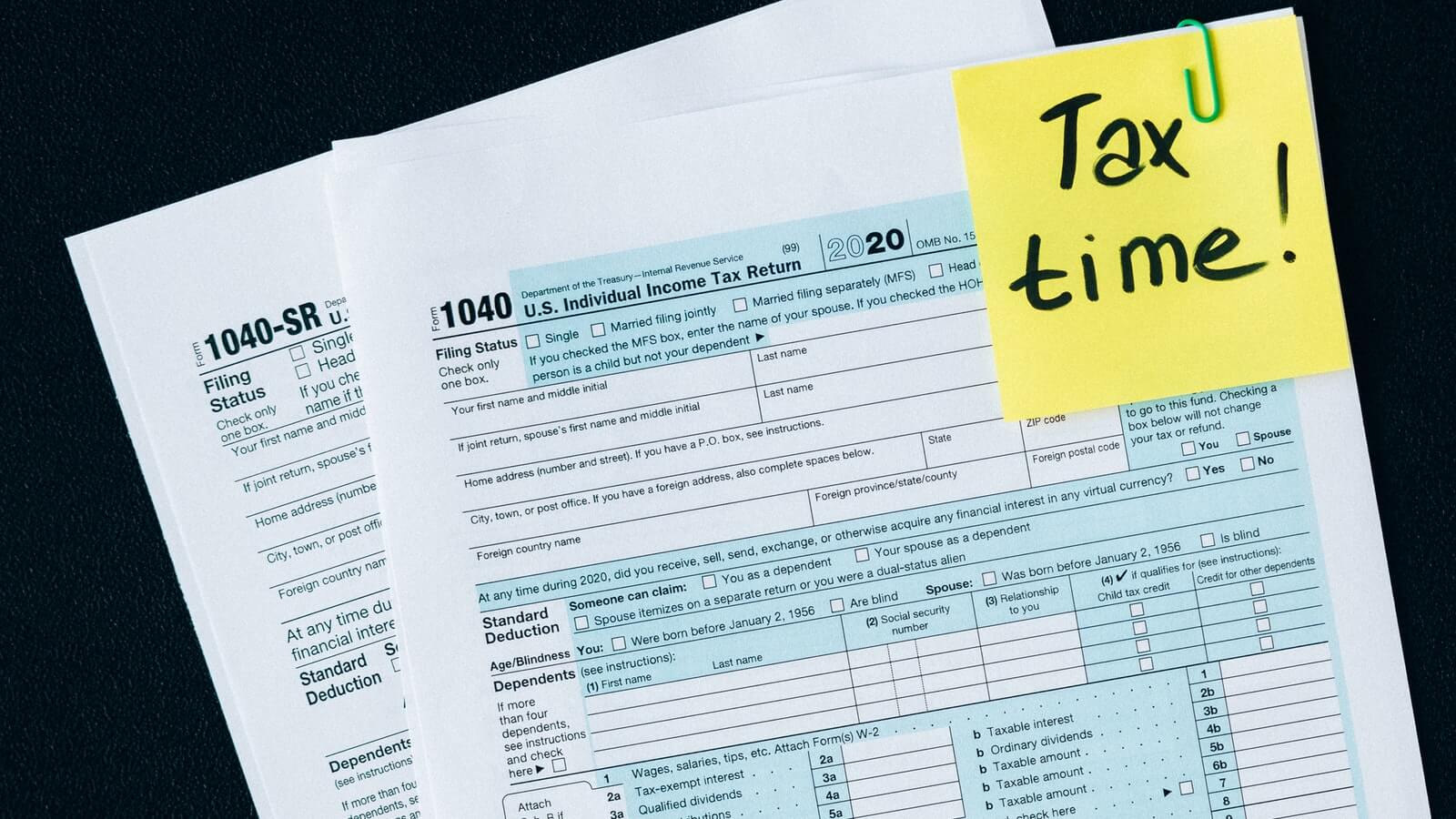They’re often, but not always, the same thing
You’re probably familiar with Tax Day, but IRS deadlines get a little more complicated than simply April 15th.
And once you add extensions into the mix, it’s even more important to get your deadlines right. The taxations process involves both filing a return and paying the tax liability, and extensions to one aren’t necessarily extensions to the other.
The basics
- Your tax returns are usually due on April 15th for individuals and March 15th for partnerships and S corps
- Your final payments are usually due on these dates as well
- You may also have to pay quarterly estimated taxes (it depends)
- If you file an extension, you have more time to file your taxes but your payments are still due on time
Tax filing deadlines
When people think about taxes being due, they’re usually thinking about the deadline to file a tax return. This is when you tell the IRS about your income, expenses, and any other financial details from the year that they need to know.
Individuals
For individuals, the deadline for filing your income tax return is the dreaded Tax Day, which falls on April 15th (or the next available business day if April 15th falls on a weekend). By this point, you should be ready to file your tax return – the Form 1040 we all know and love – either electronically or by paper mail.
Businesses
Certain business types, like sole proprietorships and C corporations, share the April 15th tax day with individuals (or next available business day, once again). For sole proprietorships, this means attaching a Schedule C form containing the details of the business finances to your personal tax return. For C corps, a separate Form 1120 tax return is necessary.
Other types of business, like partnerships and S corporations, must file a month earlier on March 15th (or next business day, you know the drill by now). These are “pass through” entities which pass income taxes along to the individual owners and stakeholders of the business, but still require their own tax returns to be filed: Form 1065 for partnerships and Form 1120-S for S corps.
Payment due dates
Taxes are, technically speaking, owed as soon as possible.
For individuals earning income in the form of a wage, this is accomplished by taking tax out of your paycheck before it reaches you. Sure, nobody likes it when that bank deposit gets smaller, but it’s a lot better than filing paperwork every payday.
For businesses, or for individuals earning significant amounts of non-wage income, we use quarterly estimated payments. Essentially, you’re guessing how much you will owe in taxes (either based on previous years, or with a CPA’s help) and paying up four times a year.
And then when Tax Day comes, you send in your tax return and the IRS will (eventually) either tell you that you owe more or send you a refund.
Tax extensions
If Tax Day is approaching and you know you’re going to need some additional time to file, there is a solution: the tax extension. Just as it sounds, a tax extension means you’re asking the IRS for the extra time you need.
Normally, the IRS is perfectly happy to grant an extension, but keep in mind that the extension request must be filed by the original filing deadline.
You do not have additional time to pay
There is one very important detail that cannot be overlooked. Even if you’ve been granted an extension, this is an extension to file, not to pay. All tax payments are still due on the original due date.
If you fail to pay your taxes on time, even if your filing deadline has been extended you will still accumulate interest and penalties. Obviously, you want to avoid that. So what is to be done?
In this situation, it’s best to simply estimate what you might owe and pay it on time. Sure, you might not get the exact number right, but paying something is nearly always better than paying nothing. If you pay too much, you’ll get a refund. And if your estimated payment fell short of your actual tax liability, at least you’ve greatly reduced any interest or penalties that may accrue.
| 📑Note: There may be situations in which it’s advantageous not to pay on time, but that is a highly advanced technique that we won’t be covering here. In fact, forget we said anything. Ask your CPA. |
Bottom line
Tax returns must be filed on April 15th for individuals and certain types of business, like sole proprietorships and C corps. Other businesses like partnerships and S corps must file by March 15th.
Tax payments are done via paycheck withholdings and quarterly estimated payments, with the differences made up on Tax Day.
You can ask for an extension on your tax returns, but remember: extra time to file is not extra time to pay.
If all of that sounds like a gigantic hassle to you, and you’d rather not deal with it, schedule a call with the tax experts at DiMercurio Advisors. We’re happy to help.








